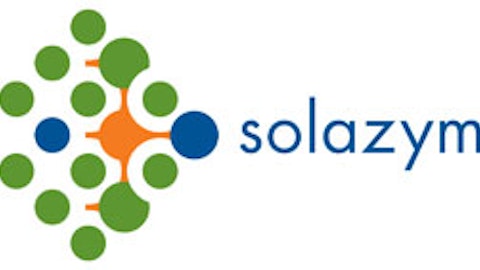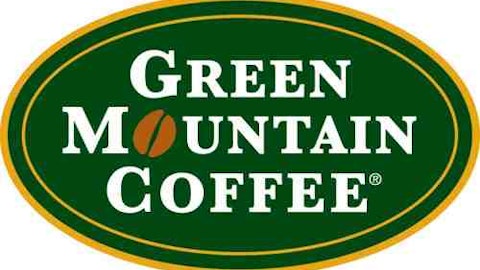Exchange-traded funds offer a convenient way to invest in sectors or niches that interest you. If you’d like to add some sizable companies to your portfolio, the Guggenheim Russell 1000 Equal Weight ETF could save you a lot of trouble. Instead of trying to figure out which companies will perform best, you can use this ETF to invest in lots of them simultaneously. It weights its holdings equally, instead of by market cap, as many indexes do.

The basics
ETFs often sport lower expense ratios than their mutual fund cousins. The Guggenheim ETF’s expense ratio — its annual fee — is a relatively low 0.42%. The fund is fairly small, too, so if you’re thinking of buying, beware of possibly large spreads between its bid and ask prices. Consider using a limit order if you want to buy in.
This ETF is too young to have a sufficient track record to assess. As with most investments, of course, we can’t expect outstanding performances in every quarter or year. Investors with conviction need to wait for their holdings to deliver.
Why large companies?
Large companies can add some ballast to your collection. Many may not grow as briskly as their smaller counterparts, but to reach their current size, they probably have some strong assets and features. And some can grow quite briskly, too. This ETF focuses on ones that seem undervalued according to some measures, which can boost the overall margin of safety for the basket.
More than a handful of large- and mid-cap companies had solid performances over the past year. Walgreen Company (NYSE:WAG) surged 41%, finally moving on from its now-resolved snit with pharmacy benefits manager Express Scripts Holding Company (NASDAQ:ESRX). Its pharmacy volume is picking up, and it has invested heavily in international growth, via a purchase of Europe-based Alliance Boots. It has also entered into a promising alliance with U.S. drug wholesaler AmerisourceBergen Corp. (NYSE:ABC).
Tyson Foods, Inc. (NYSE:TSN) gained 25%, recently hitting a 52-week high despite margin compression due to rising prices. It also may be affected by Washington’s sequester, which is furloughing USDA meat inspectors, which can slow down business — though Tyson isn’t too worried about that. Management is bullish for its longer-term prospects, and Tyson’s forward P/E ratio of 9 is intriguing.
Other companies didn’t do as well last year but could see their fortunes change in the coming years. Food giant Archer Daniels Midland Company (NYSE:ADM) gained 5%, but some analysts, such as those at BMO Capital Markets, see it as a bit overvalued now; BMO cut its rating to market perform. The company recently raised its dividend by 9%, and it now yields 2.3%. In February, it posted strong second-quarter results, despite weak corn processing numbers.
A market darling not so long ago, Green Mountain Coffee Roasters Inc. (NASDAQ:GMCR) added 3%. Investors have been worried about the patent expiration for its K-Cups, but the company has continued signing big deals with many major food names — such as Lipton. (My colleague Alyce Lomax finds instant K-Cup servings of tea silly, though, as we’ve always had tea bags.)
The big picture
A well-chosen ETF can grant you instant diversification across any industry or group of companies — and make investing in and profiting from it that much easier.
The article An Easy Way to Zero In on the Growing Large- and Mid-Cap Markets originally appeared on Fool.com and is written by Selena Maranjian.
Longtime Fool contributor Selena Maranjian has no position in any stocks mentioned. The Motley Fool recommends Express Scripts and Green Mountain Coffee Roasters and owns shares of Express Scripts.
Copyright © 1995 – 2013 The Motley Fool, LLC. All rights reserved. The Motley Fool has a disclosure policy.



